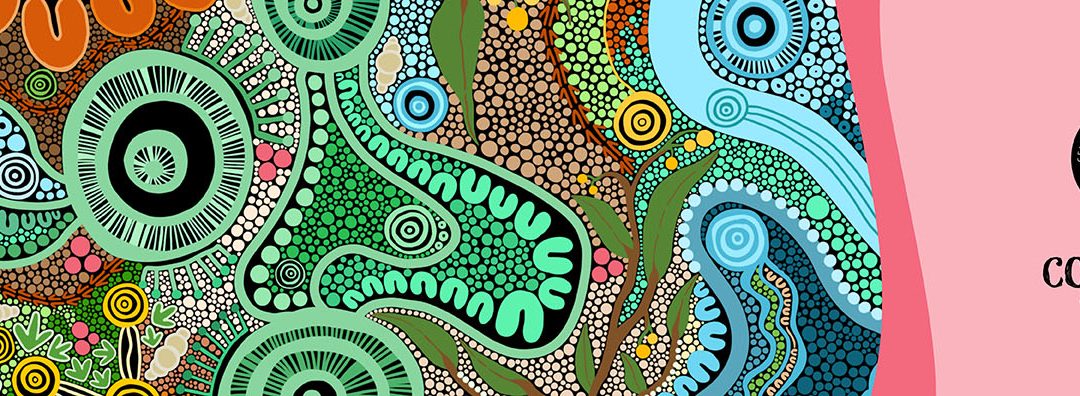We’re proud to celebrate NAIDOC Week in 2021 and are both proud & excited to introduce you to our incredible First Nations members.
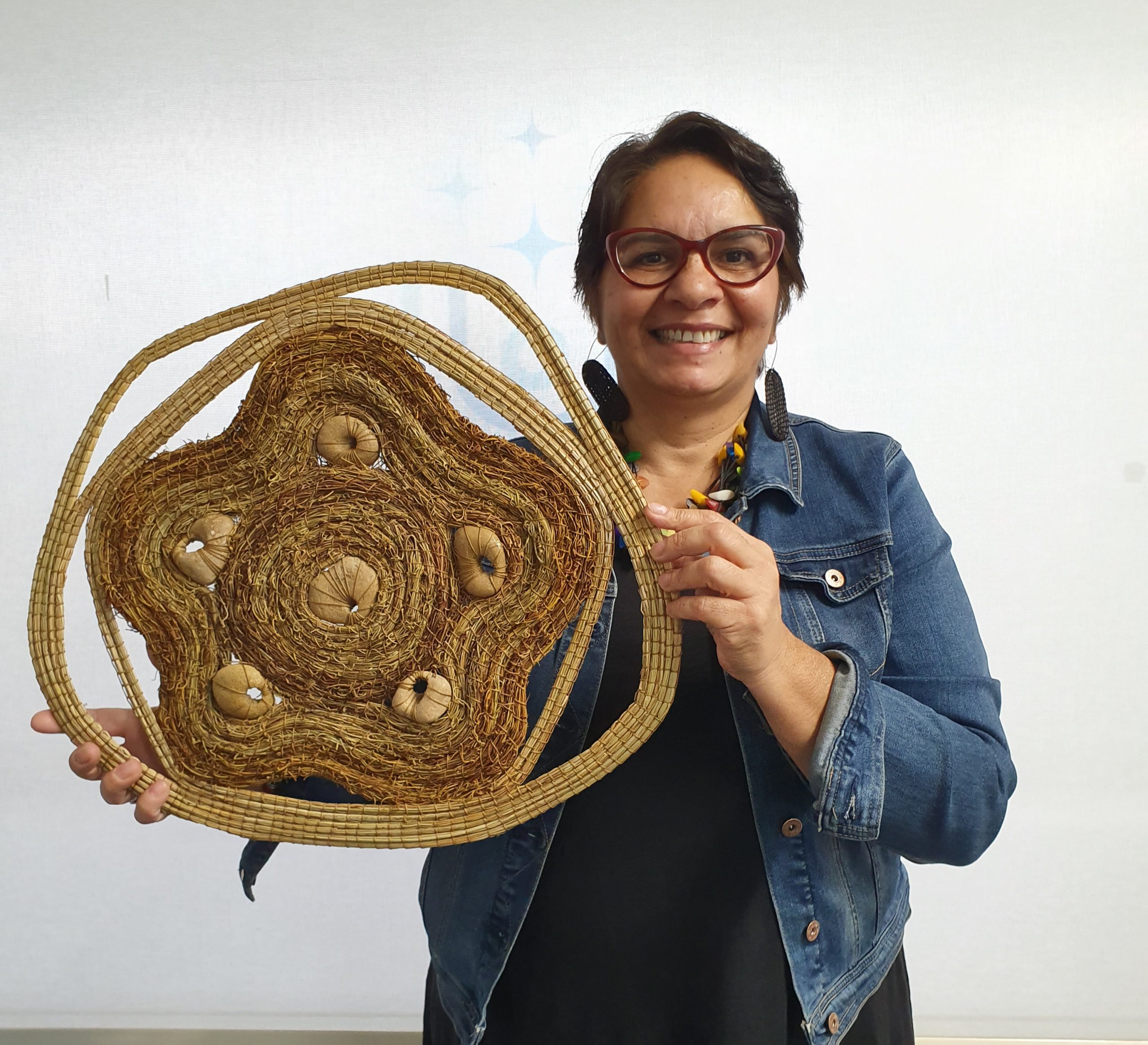
SONYA RANKINE FROM LAKUN MARA
I’m Sonya Rankine a Ngarrindjeri, Ngadjuri, Narungga & Wirangu weaver and artist.
Four years ago I lost my corporate career job due to restructuring and it left me financially crippled, frustrated, angry and not knowing what was going to be the next step.
Weaving became my outlet and nurtured my wellbeing.
The turning point was when I entered the Our Mob Exhibition in 2018 and from there my weaving art practice grew. My confidence also grew and wondered if this could become a fulltime way of life.
In 2019 I decided to create Lakun Mara. Lakun Mara means ‘Weaving Hand’ in the Ngarrindjeri language.
Lakun Mara is weaving + culture and is at the heart of my art that is strongly linked to cultural maintenance, survival and revival. I live on Narungga country in Moonta Bay on the Yorke Peninsula and limits my access to traditional reeds from the Coorong so I utilise local natural fibres gathered locally, creating a strong connection to land and natural resources.
My unique style and expression of art was recognised when I was awarded the 2019 Our Mob Exhibition Don Dunstan Foundation Emerging Artist Prize.
Lakun Mara demand has grown over the last 2 years and I decided to work parttime this year and provide the opportunity to focus more time on Lakun Mara.
Lakun Mara offers weaving workshops teaching the traditional Ngarrindjeri & Ngadjuri weaving technique. Workshops are for all ages and are held in customers own home, workplace, school and at community events.
I also create handmade bespoke jewellery that are custom made and unique to customers.
Commissioned baskets and wall hangings are another element of the Lakun Mara business that allows customers to have a unique piece of art that has been created by myself just for them.
Lakun Mara baskets, wall hangings and earrings are created using the traditional Ngarrindjeri/Ngadjuri weaving technique, as well as utilising various other weaving stitches and techniques for my woven creations.
Lakun Mara has become a family affair and the growth on social media is from the support of my daughters Soraya and Carron.
My daughters are my social media savvy coordinators, graphic designers and content creators that I could not have got where I am without them. They give me the space to focus on my art, to weave and create.
I love being able to share the practice of weaving with my daughters and their support at workshops is invaluable.
I love everything about Lakun Mara as it is about my family, culture, creativity, art and sharing.
- Ngarrindjeri – Coorong and River Murray, SA
- Narungga – Yorke Peninsula, SA
- Ngadjuri – Mid North, SA
- Wirangu – West coast of SA
// What iS IT like to be a First Nations womAn in business in South Australia in 2021?
It’s an exciting time to be a First Nations woman in business.
I have solely used social media platforms to promote and generate business and I love being a part of the Blak business community growing online.
I am always inspired by the journey of other First Nation women in business.
Lakun Mara has given me the opportunity to explore my creativity and become a practising artist.
The challenge for me is making the leap and to step away from my part-time job. The challenge is creating the move forward, to take Lakun Mara to the next level.
// What would you love to see women within the SA Woman community doing to support First Nations businesses?
- Promoting First Nations business.
- Working with First Nations business.
- Including First Nations products in their retail business.
- Collaborating with First Nations business.
// What speaks you about the 2021 NAIDOC Week theme of Heal Country?
We all have a collective responsibility to caring for country and healing country. It’s important to respect the country on which we live and work on.
Make the time to know and acknowledge the country on which you live and work on and is the traditional land of First Nation people. Do your research, are you living on Kaurna land or Ngarrindjeri land etc?
Always leave the land how you find it. Simple ways of caring such as take your rubbish with you. Always be mindful when travelling on country and that there are many places of significance and cultural heritage.
Learn more and be aware of First Nation cultural heritage and support. Our sites of significance and burial sites are repeatedly destroyed. Please take a moment to think about it. Ancestral remains are exhumed and reburied in the name of progress and development. Our sites of significance are not always given the same value and acknowledgement of their cultural importance. Most times we as First Nation people are having to fight for the recognition and protection. There is loss of access and protection of significant sites for cultural maintenance and survival. Going on country and caring for country and culture.
Connect with Sonya:
Facebook: Lakun Mara
Instagram: @lakunmara
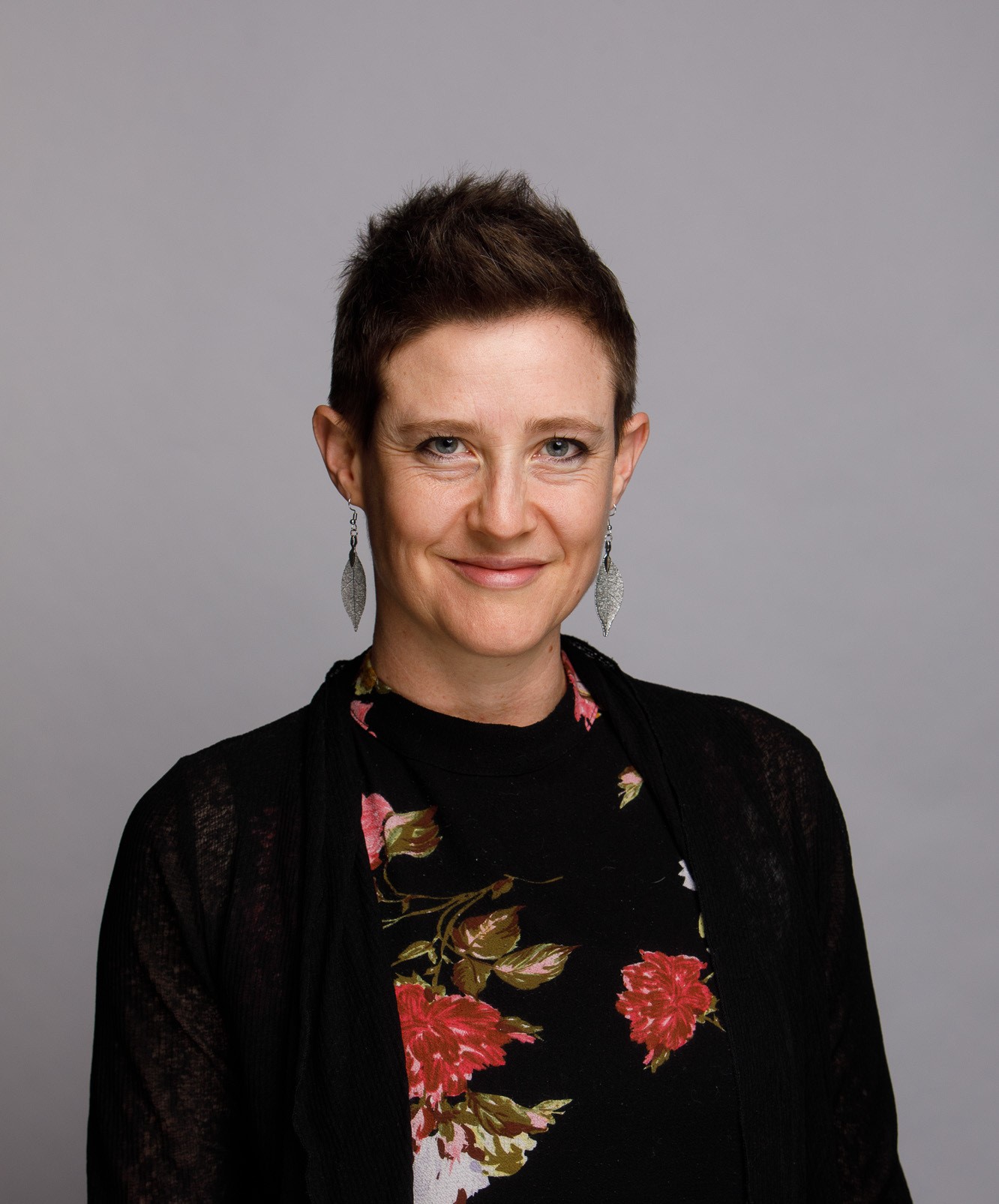
BEK SMITH FROM SMITH & WELLNESS
My mob is Arabana – Oodnadatta region in northern SA (my great grandmother was born in the Peake River) although I grew up on Arrernte land in Alice Springs NT.
My work is all about love – helping people to love themselves, love each other, and love the planet more.
I do that by teaching mental fitness strategies, and offering psychological exercises that people can do to change their thinking, adopt a healthier mindset, see themselves differently, and connect with each other more respectfully and skilfully.
My “why” comes from growing up and seeing lots of people around me who were slaves to their sadness and their anger, and they took that out on the people around them – including me. I was always determined to find a better way of living, and after successfully building a more loving and peaceful life for myself, I now have the privilege of sharing the “how” with others.
// What iS IT like to be a First Nations womAn in business in South Australia in 2021?
It has been challenging for me at times being a First Nations woman in business as I’m not immediately recognised as such. Many of my peers have felt the pain of being discriminated against because of their darker skin colour, and I myself have felt cast out of the Aboriginal community at times because of my pale skin.
The opportunity that arises from sharing this, and which Covid-19 has allowed us to explore, is that embracing one another for our common humanity rather than our skin colour or our cultural background is the next step in evolving as a society.
Let’s celebrate our differences and at the same time accept that we are actually all more similar than we are different.
// What would you love to see women within the SA Woman community doing to support First Nations businesses?
In my culture having a yarn and sharing stories is an important way of getting to know each other – yet many people in society don’t even recognise that they have an internal story that is holding them back from connecting with each other.
I love it when I see someone recognise their internal narrative (like “the story I’m telling myself is that you don’t like me, so then I distance myself from you more”) and then be able to share that story, laugh about it, cry about it, relate to each other over it, and then get past it so they can start writing new and better stories together.
So, what the SA Woman community can do to support First Nations businesses is to integrate the story sharing part of our culture into day-to-day life, creating a space where we can all acknowledge our stories, share our stories, and then go beyond our stories as a way of connecting with each other more deeply.
// What speaks you about the 2021 NAIDOC Week theme of Heal Country?
For me, the theme of “Healing Country” means healing ourselves and holding space for each other to heal as well – because we are the country and the country is us.
Many of us treat our land as though it is an entity disconnected from us, yet we are of the land and have never separated from it.
The beautiful thing is that as we learn to love ourselves more, we naturally start to love, protect and nurture our country more, because it is part of us and we are part of it.
By all means, join a cause and join a picket line to protect our sacred sites, and when you can’t do that, just work on being more loving and compassionate and the flow-on effect will help the healing to happen.
Connect with Bek:
Facebook: Smith and Wellness
Instagram: @smithandwellness
LinkedIn: Bek Smith
YouTube: Smith & Wellness
Website: www.smithandwellness.com
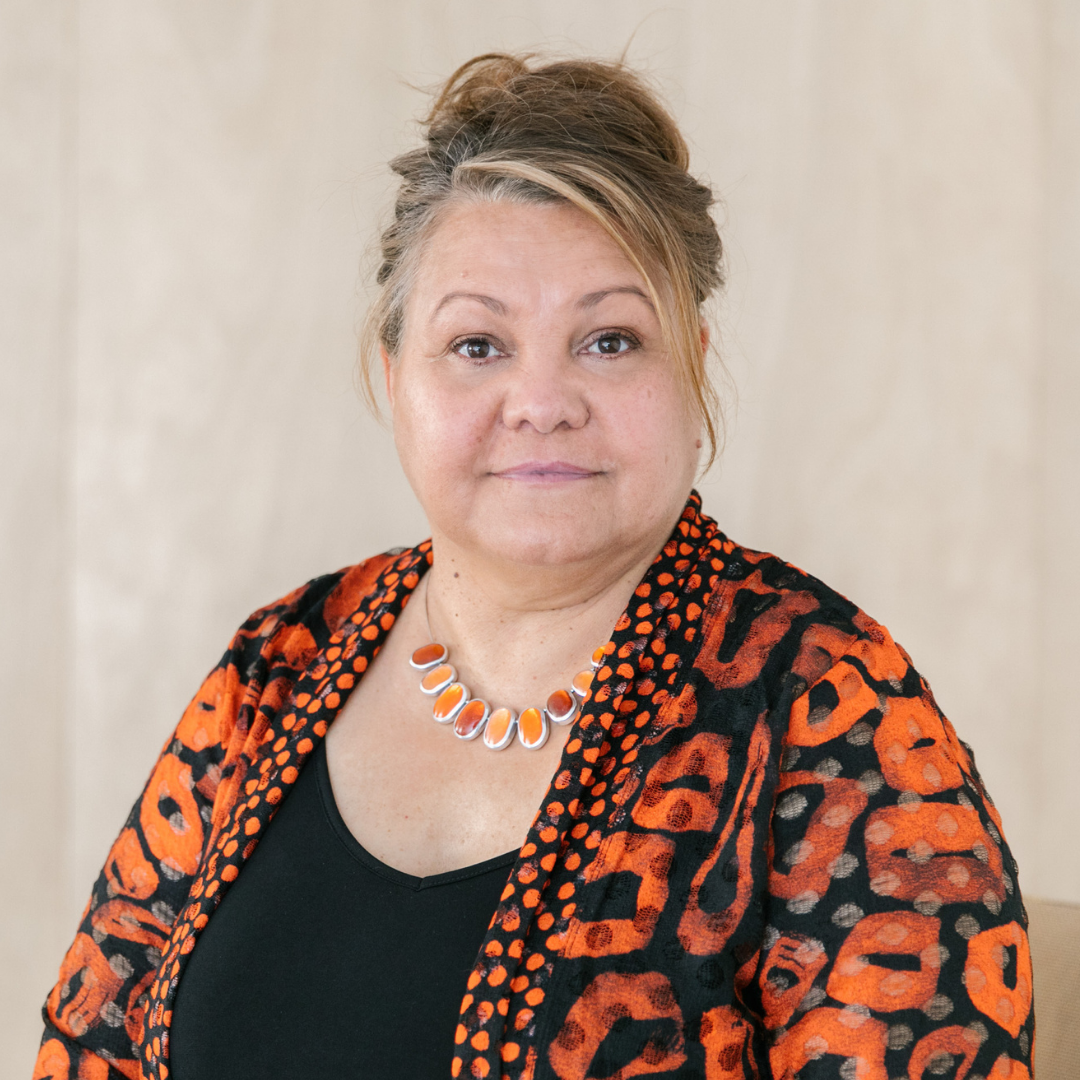
KERRY COLBUNG FROM MANDANGA NATURAL SKIN CARE
Kerry Colbung PSM is Kokatha Mirning mob from the Far West Coast/Nullarbor region of South Australia.
Mandanga was created as a bespoke range of authentic skin care products, made from traditional Indigenous knowledge and botanicals, designed to assist with natural skin care solution, traditional healing and wellbeing.
We go out on country and collect the raw botanical to make our products. This is especially important in our business as we want our customers to experience the uniqueness of the land we walk upon, the stories we have to share and then channel our ancient culture into our products. We also heal ourselves when we are on country.
We love the fact that we are proud holders of an ancient knowledge and that play our part in keeping cultural alive for everyone that is interested in being on this journey with us.
// What is it like to be a First Nations womAn in business in South Australia in 2021?
Don’t be mistaken, it’s a bloody hard journey being a First Nations women in business in 2021 but I wouldn’t have it any other way. I fit into two of the marginalised categories, the first being Indigenous and the second female – which speaks for itself. However, there are so many opportunities for First Nations female led businesses to reset the narrative and move away from traditional markets to better engage with our customer’s on unique products.
// What would you love to see women within the SA Woman community doing to support First Nations businesses?
Promote our businesses, share amongst your networks, don’t be afraid to talk to us, share space and buy our unique and authentic products.
// What speaks you about the 2021 NAIDOC Week theme of Heal Country?
Absolutely…. How appropriate and fitting is the theme… HEAL COUNTRY… That’s why we do what we do at Mandanga!
Mandanga, derived from the Kokatha and Western Desert languages, is especially significant for all People as we believe that the Land is our ‘Mother’ and she is the giver of all life and everything that sustains us.
In our honour of her, Mandanga serves as a constant reminder to respect and care deeply for the Land.
If country is sick, we are sick, if we heal country, we heal ourselves.
So, it’s important that we look after Country… it belongs to all of us, we are its custodians and have to look after it for the next generation.
// Just a final quote to inspire our SA Women in Business and all Women:
Sir Isaac Newton said, “If I have seen further than others, it is by standing upon the shoulders of Giants”.
For me those Giants have been my Ancestors who looked beyond the horizon and beyond the harsh measures of colonisation, hardship, oppression and poverty… and left me and my family with an incredible legacy. We are truly humbled.
Look for your Giants and climb up on their shoulders xx
Connect with Kerry:
Facebook: Mandanga Natural Skin Care
Instagram: @mandanganatural
Website: www.mandanga.com.au
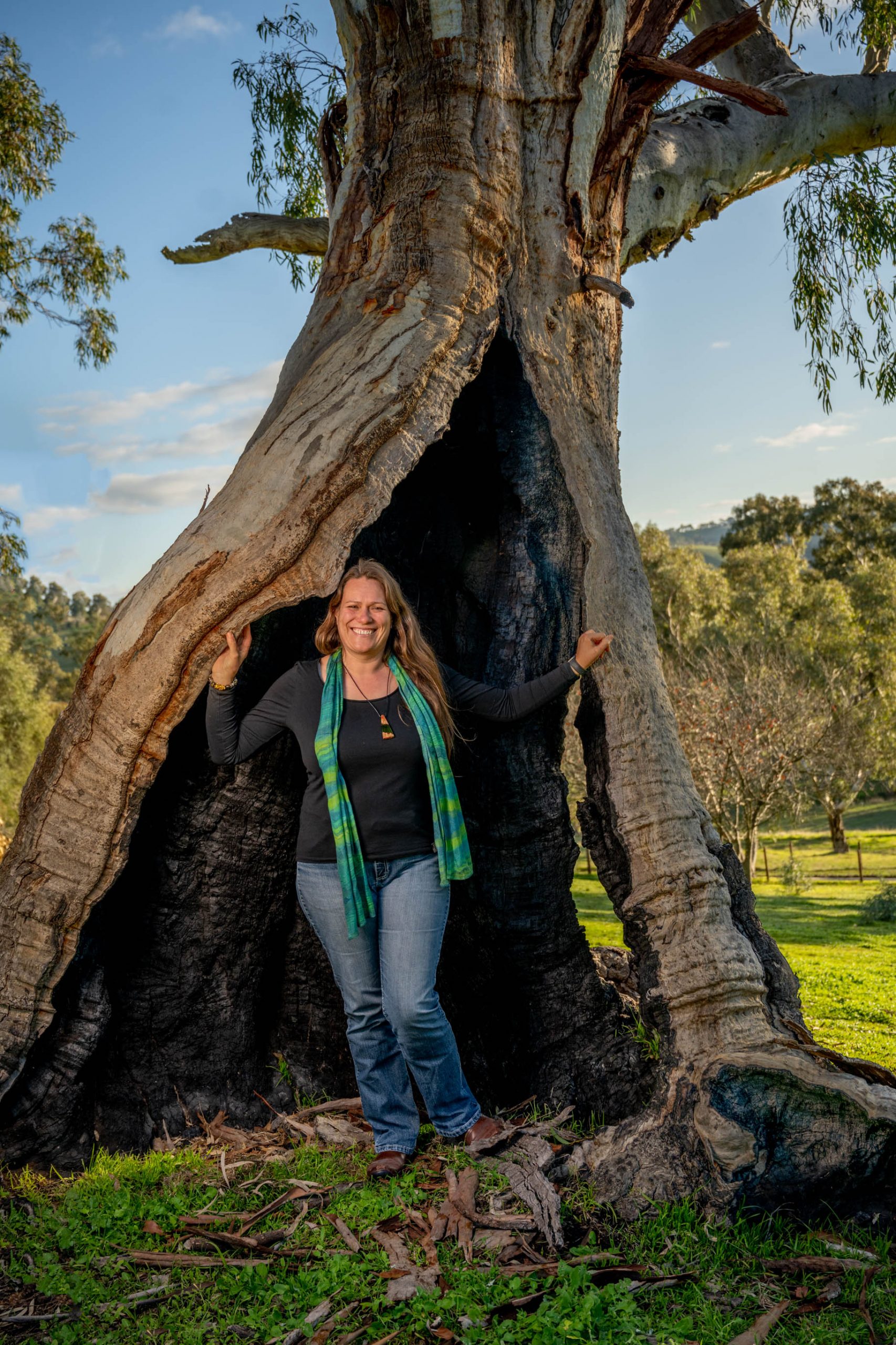
BIANCA STAWIARSKI FROM WARIDA WHOLISTIC WELLNESS
Bianca Stawiarski is a strong Badimaya / Badimia woman.
The easiest way to explain where her mob is from, is inland and down a bit from Geraldton in WA. Mount Magnet is Badimaya / Badimia Country.
Warida Wholistic Wellness – a certified Indigenous Social Enterprise – is a sanctuary for wellbeing and community change, based in the Adelaide Hills on Kaurna / Peramangk Country.
Our purpose is to support the creation of strong empowered families, workplaces, services and communities, and to break through intergenerational trauma, disconnection and disempowerment. We do this by delivering trauma -informed and culturally informed counselling, equine assisted / animal assisted psychotherapy, transformational coaching, bush therapy, online training programs and horse archery as tools of transformation and empowerment.
We also exist to facilitate positive mental wellbeing, balanced with self-care priorities, to Australian First Nations people impacted by trauma.
I am absolutely passionate and honoured about what we do because we walk alongside people in their healing journeys, when their experiences in the mental health systems may not necessarily have been positive.
// What is it like to be a First Nations woman in business in South Australia in 2021?
There is always a balance that needs to be walked between community obligations and operating a business.
Right now, as First Nations businesses we have an incredible opportunity to show Australia and the rest of the world how our unique approaches to life and the lens that we see the world through can really help people, regardless of their cultural background or experiences.
For me, it is really important to not be siloed into just working with mob. The way we, as First Nations people, see healing in a connected and holistic way has so much to offer the wider global community.
// What would you love to see women within the SA Woman community doing to support First Nations businesses?
The SA Woman community is incredible.
I extend a hand of welcome out to you all: yarn to us, get to know us, have a cuppa with us, share our business content – even consider trying our products or services.
We want you to ask questions and see just how unique our businesses are and can potentially support and benefit your businesses too.
Be our allies.
// What speaks you about the 2021 NAIDOC Week theme of Heal Country?
This years NAIDOC theme of “Heal Country” is so important to everything that we as First Nations people stand for.
We have our connection to our Country, in my case Badimaya / Badimia Country, where the health of the land, our sites, the waterholes / rivers and all the living beings (flora, fauna and spirit / ancestors) directly impacts us.
Also, in my case, I have the Kaurna / Permangk Country that I am honoured to live on as a visitor. I caretake the land, honour the ancestors with encouraging ceremony by Elders and continue to plant local plant species to provide a refuge for local wildlife.
Heal Country also is about speaking language on Country. I have been making a concerted effort to learn my Badimaya / Badimia language.
Connect with Bianca:
Facebook: Warida Wholistic Wellness
Instagram: @warida.wholistic.wellness
LinkedIn: Bianca Stawiarski // Warida Wholistic Wellness
YouTube: Warida Wholistic Wellness
Website: www.warida.com.au

